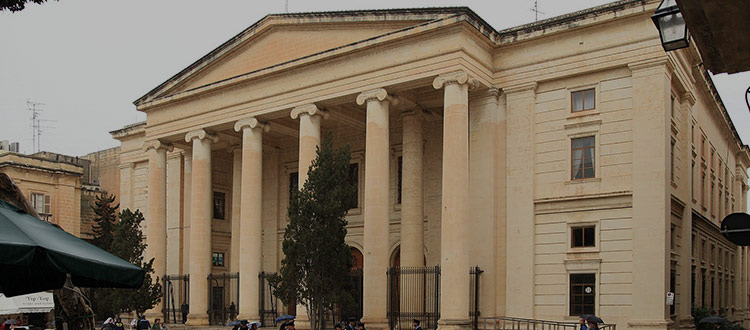Legal changes presented in 2018 and aiming to regulate the Competition Office in Malta, which falls under the Malta Competition and Consumer Affairs Authority (MCCAA), following the landmark judgement in 2016 instituted by the Federation of Estate Agents against the Director General (Competition), the Prime Minister and the Attorney General, are still being reviewed. This essentially means that until then, the Authority cannot impose fines nor lead its own investigations to determine whether a breach was committed or otherwise.
The Federation of Estate Agents case
In 2013 the Federation of Estate Agents filed a court application against the Director General (Competition) following legal action against the organisation. In its Court application, the Federation claimed that the Competition Office as well as its Director General are administrative authorities with responsibility and power to investigate, determine and stop any action that goes against the provisions of the Competition Act and the Director General has the power to decide upon said infringement following the investigations and impose fines on enterprises and unions of enterprises found in breach, which fine could be up to 10% of the organisation’s turnover of the previous year. The Court acknowledged that the fine could be as high as €1,250,000 and therefore very severe and of a criminal act nature in which cases a Court and not an Adjudicating Authority set up by law should preside.
The Landmark Judgement
The case considered the compatibility or otherwise of the powers of the Director General (Competition) and the Competition Office with Article 39 of the Constitution and the European Convention for the Protection of Human Rights. Article 39 states that whenever any person is charged with a criminal offence he shall, unless the charge is withdrawn, be afforded a fair hearing within a reasonable time by an independent and impartial court established by law. The Court decided that the powers of the Director General and Appeals Tribunal were unconstitutional and the decision was confirmed by the Constitutional Court on the 3 May 2016.
The Government’s reaction
Following the judgement, the Competition Office announced it would be refraining from imposing any fines until the situation was remedied. In January 2017 the government opted to address the situation through constitutional amendments but the changes were shot down by the Opposition claiming these would risk diluting citizens’ right to a fair hearing.
In 2018 the Government published a Bill for public consultation. The main thrust of the proposal was to abolish the Competition and Consumer Appeals Tribunal so decisions by the regulator could be challenged before the Civil Court (commercial section). Thus, the Civil Court (Commercial Section) would replace the Competition and Consumer Appeals Tribunal.
The San Lucian Oil Company case
The proposed amendments had a positive feedback. However, following another Court decision on a case filed by San Lucian Oil Company Limited, the amendments were stalled due to the Court decision that held that the Competition Office was not empowered to hold proceedings to determine if a breach had been committed or otherwise thus rendering the Competition Office completely toothless.
